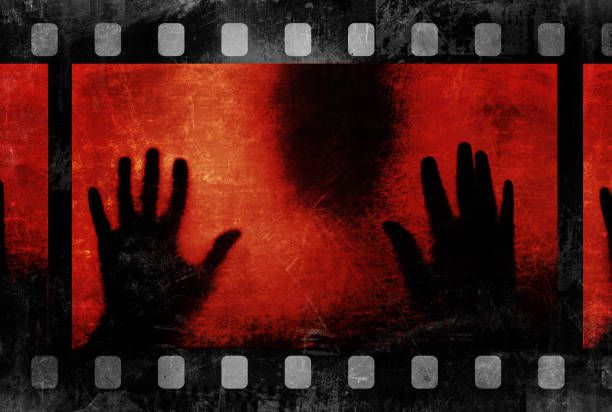Ever found yourself giggling during The Conjuring while your friends clutch pillows in terror? Or maybe you’re the one gleefully waiting for the next jump scare like it’s the punchline of a joke? If that sounds like you, science says you’re not weird — just wired differently.
The Thrill-Seeker’s High
At the heart of this phenomenon is something psychologists call sensation-seeking. Coined by researcher Marvin Zuckerman, it refers to people who crave novel and intense experiences. For these folks, horror films are like a legal, safe, and oddly satisfying adrenaline rush.
That flood of adrenaline and dopamine you get when the music swells and the killer’s around the corner? It’s a natural high for thrill-seekers — not fear, but fun.
Fake Fear, Real Reactions
Here’s where it gets interesting: your brain knows the horror on screen isn’t real, but your body doesn’t always get the memo. According to Dr. Glenn Sparks of Purdue University, horror triggers your fight-or-flight response. But because your rational brain knows you’re safe, once the scare passes, your body experiences relief and even euphoria.
Think of it as riding a roller coaster — you scream, you survive, and then you laugh.
Laughter: Your Brain’s Weird Coping Tool
Laughing in the middle of a horror movie isn’t rude — it’s biology. When your brain doesn’t know how to process extreme fear or discomfort, sometimes it just… laughs. Psychologists call this incongruous emotion — reacting in a way that doesn’t seem to fit, but actually helps your body regulate stress.
Plus, if you’ve got a knack for dark humour or a high emotional IQ, you’re probably more likely to spot the absurd in the terrifying — think: creepy dolls, never-dying slashers, or ghost kids singing lullabies. For you, that’s not horror — that’s comedy gold.
Horror Fans Might Be Mentally Tougher
Believe it or not, watching horror might build psychological resilience. A 2020 study found that horror lovers reported lower levels of psychological distress during the COVID-19 pandemic.
Why? Because watching scary movies helps you practice emotional control. It’s like emotional bootcamp — you learn how to manage fear, grief, and tension, all from the comfort of your couch.
So if Hereditary doesn’t rattle you, maybe it’s because you’ve trained your brain to face fear — and come out laughing.
Scary Movies = Social Glue
Horror doesn’t just affect individuals — it bonds people. Watching something terrifying with friends or a partner causes your brain to release oxytocin, the bonding hormone.
And if you’re watching with a date? There’s a phenomenon called misattribution of arousal, where your racing heartbeat from fear can trick your brain into feeling attraction.
So yes, Scream might just bring you closer — literally.























